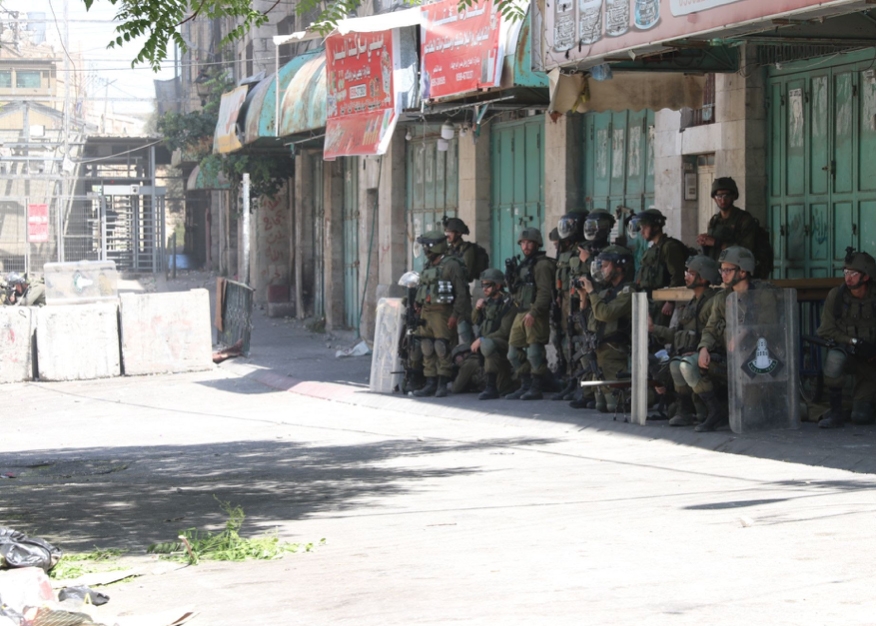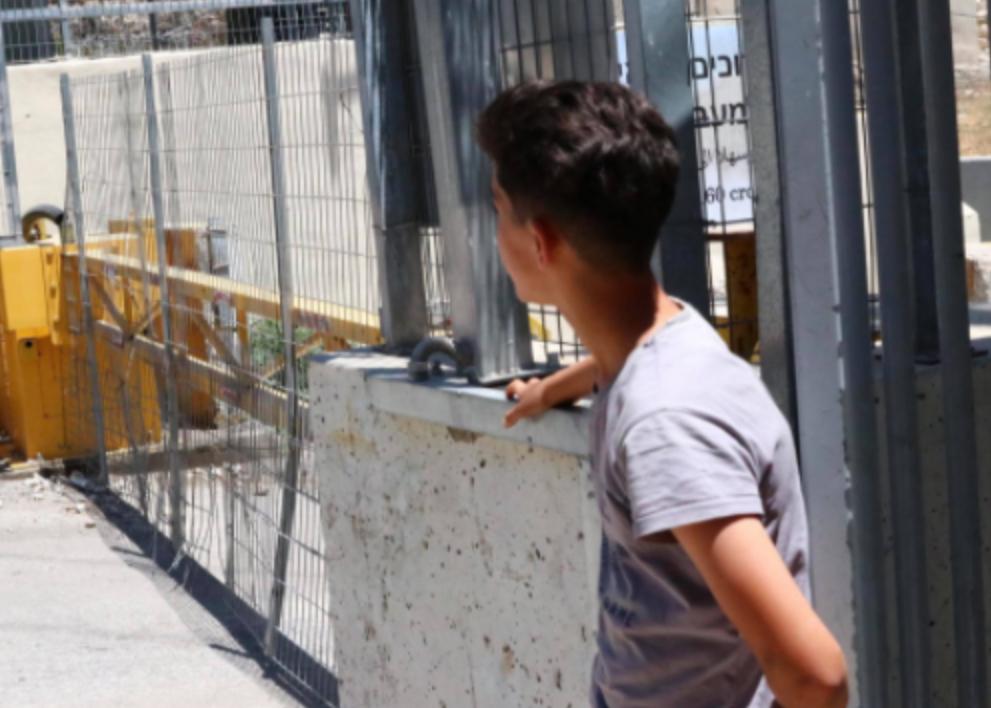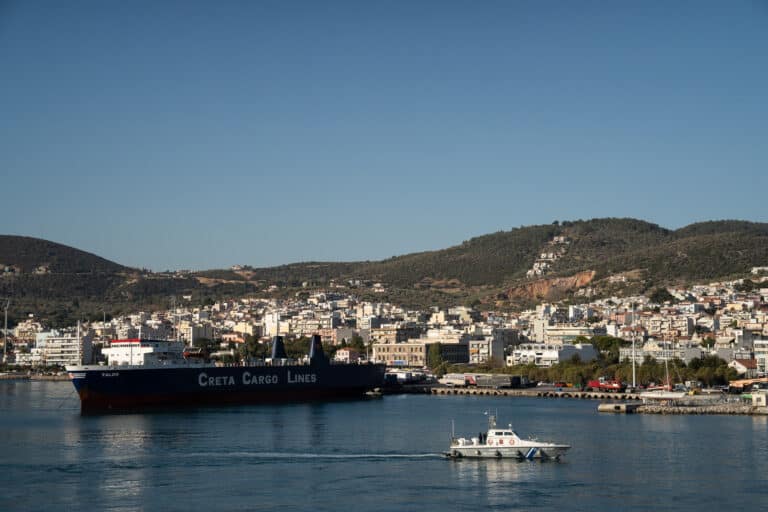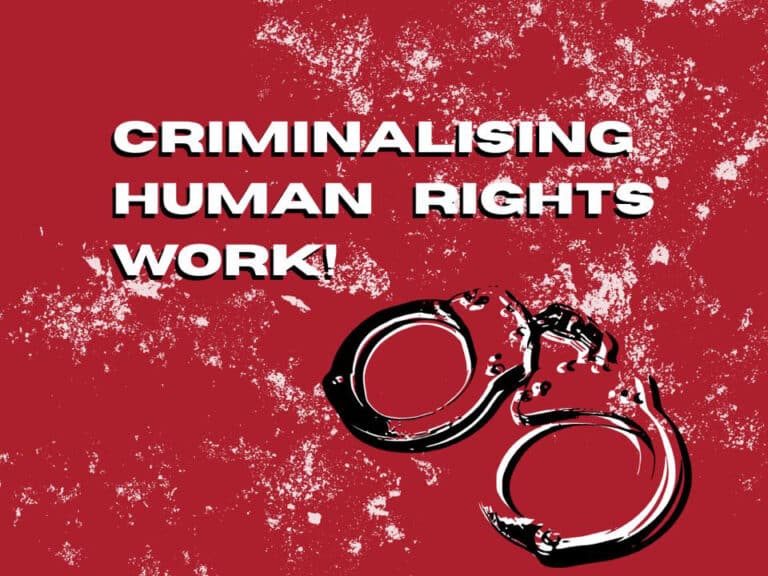In the land where people’s voices aren’t heard by anybody, arresting and killing are part of a soldier’s daily routine. To counter this power imbalance, Palestinians use cameras as a tool of resistance. By taking pictures and videos, Palestinians are doing everything in their power to protect their children from Israeli soldier harassment, a strategy to show the world their story and deliver their message.
In my perspective, ‘good power’ is power in the hands of the people who need it, who resist and fight for rights and understand our humanity. But ‘bad power’ is power used against people to oppressed and humiliate others, similar to what Israel soldiers do to Palestinians.
The Stanford Prison Experiment, a prison simulation study from 1971, aptly proves the quick and dangerous corruption of power. Israeli military behavior mirrors this experiment with the means of power (weapons and support from their government) to do whatever they want to Palestinians. We, as Palestinians, play the arrested role without a choice. At Stanford, the experiment took place in a small prison controlled by observers and directors, but we live in an open-air jail where soldiers have space and power to take advantage of their power against Palestinians.
Although it is not the only way to resist the illegal settlers and soldiers, documenting and filming what soldiers do can be effective. I’ve heard local community members say, “Let them hear and see what is happening and what is the truth” many times while I was holding the camera and filming Israeli soldiers while they commit human rights violations.
For example, CPTers watched in April 2021 how Mona and Mohammed Al-Kurd, two Palestinian activists using their phone cameras, highlighted the situation in Jerusalem. Palestinians saw the importance of filming the violations and using social media platforms like Facebook and Instagram as tools to let people see what is happening through their eyes since TV channels failed to be neutral and to allow their audiences to hear Palestinian voices.
Sometimes soldiers prevent us from using cameras because they are intimidated, and sometimes they smile at the camera while they make victory signs with their hands, dressed in their uniforms and brandishing their weapons. After watching them smile many times, I started to ask myself what they were trying to communicate with their response. Are they proud of what they are doing? Are they not worried about how they are portrayed in the media because they have unlimited power? It seems it is a reaction to an uncomfortable situation for them. They are trying to prove that they do not care. But in fact, their response reflects their worries about the power of the camera and how a photo could limit their power and discipline their behavior when in the public eye.
For example, on the third Friday of Ramadan 2021, several soldiers were checking Palestinians trying to enter the Ibrahim mosque. While CPT was monitoring the area taking photos and videos, we noticed one soldier looked at the camera and raised his hand in the victory sign. After a few seconds, he recognized that this sign didn’t represent what he was doing, so he lowered his hand and retreated from the area.
In their constant threatening and triggering of Palestinians, the soldiers expect to get a reaction so they can justify using more power through weapons, checkpoints, bombs and humiliation, to keep their unlimited power and continue the oppression of Palestinians. That is what CPTers see in soldiers’ reactions, from the uniform they wear to the tools they use, holding their weapons and bombs close when they return to their checkpoints.

Checkpoints are not only a means to control the movement of Palestinians, but soldiers also use them as their bases, their “safe place” where they can recharge their power and a base from which to start their intrusions. This is why most shootings happen close to the checkpoints. Also, we noticed that when soldiers leave a place that they occupied, they are always in a group, not as individuals. As they are far from checkpoints, they are less powerful.
Palestinians draw from a variety of resistance techniques, including filming the soldiers while they are killing and shooting Palestinians, but is it enough to deter the Israeli occupation? Of course not, but at least these cameras become a tool of ‘good power’ against weapons and bombs of the soldiers.

After spending a year monitoring the streets of H2 in Hebron, I have learned to analyze these dynamics of power and resistance every day. I experienced the power of the camera recently while documenting an incident. Israeli soldiers had detained a 13-year-old boy for over half an hour, after releasing his brother. Once I turned on the camera and started taking the pictures of this boy, the soldiers let him go. For the first time, I felt that I held equal power, even if it was only for a few minutes.




